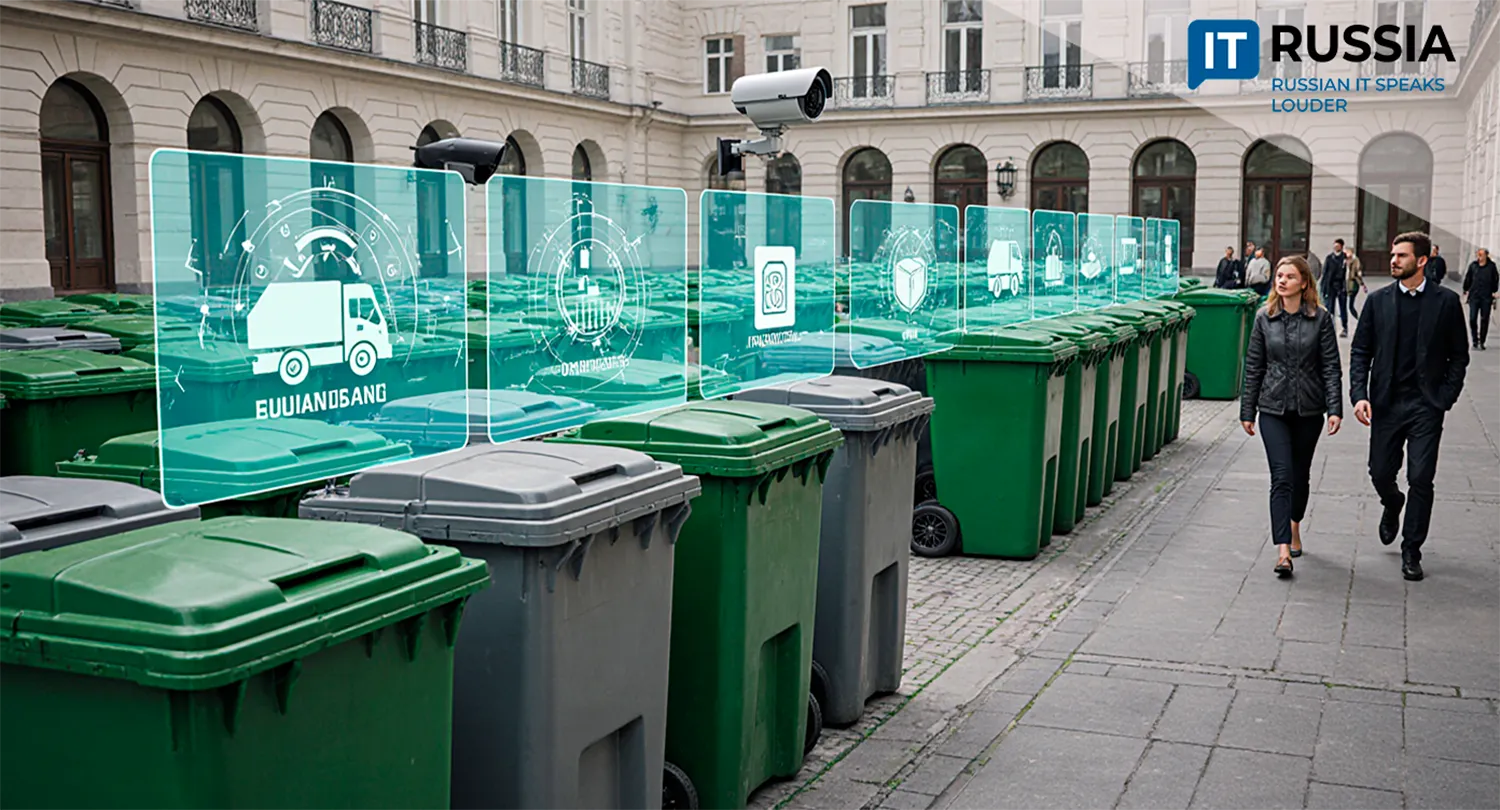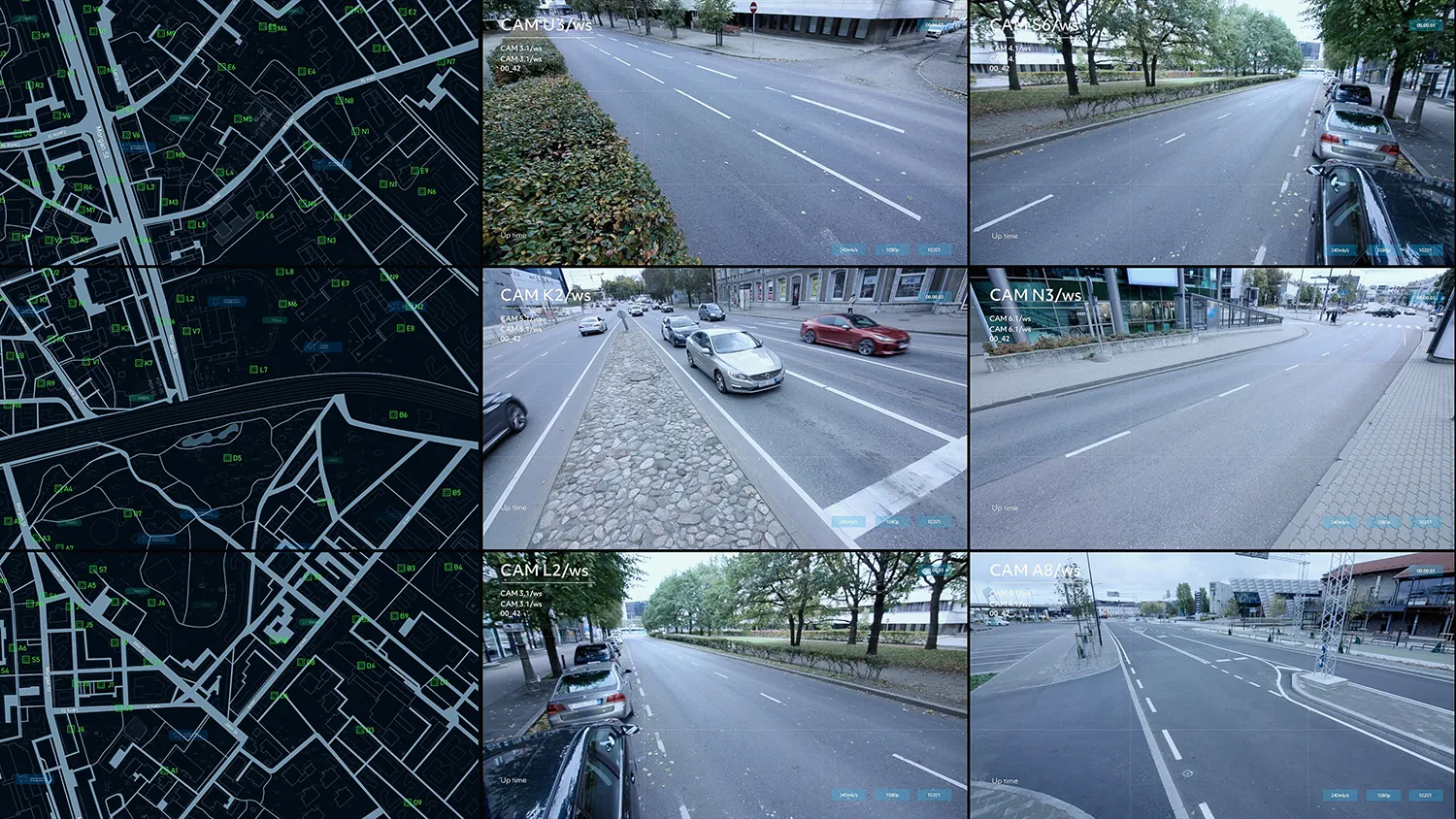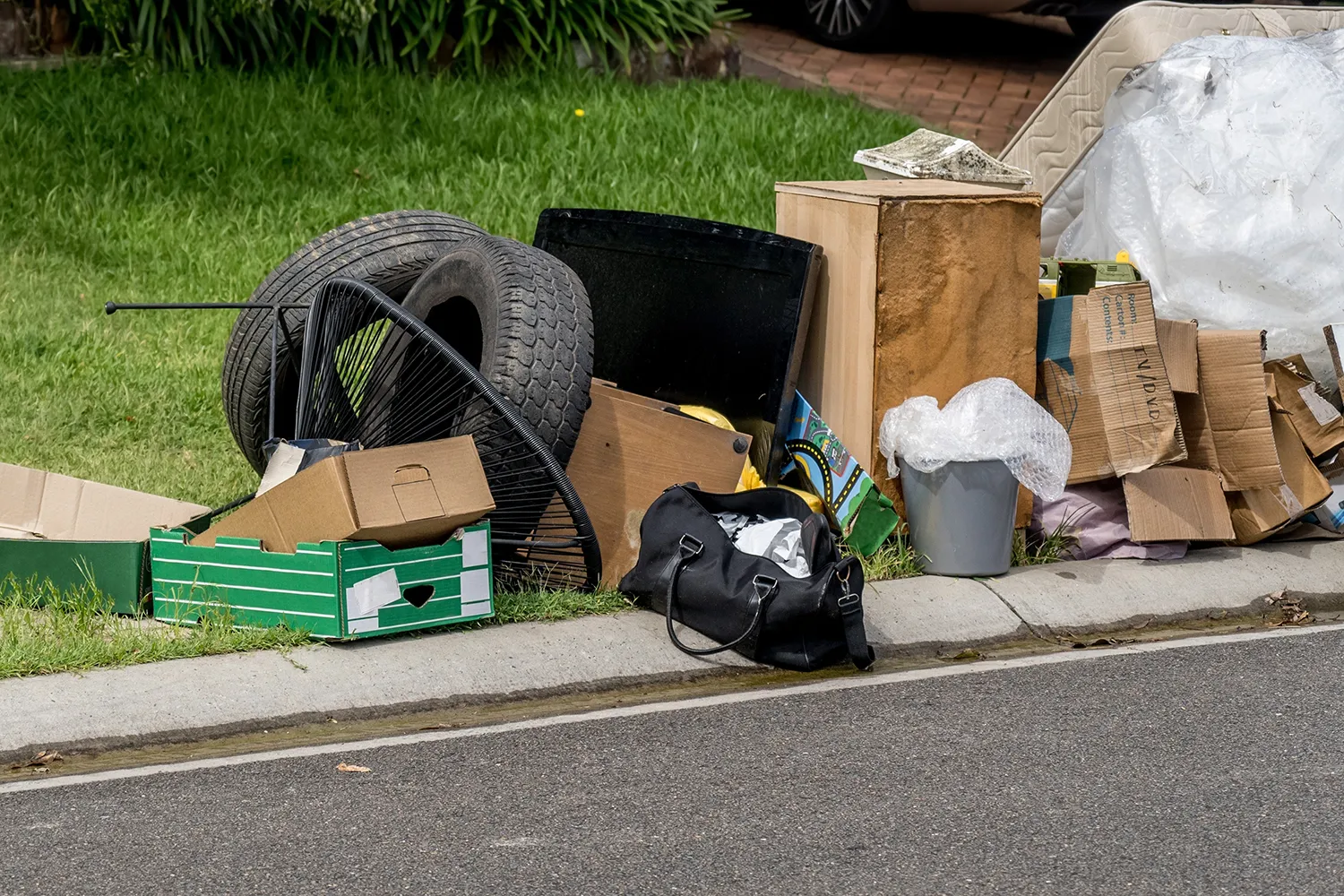Neural Networks Are Reshaping Waste Management in Russia’s Chelyabinsk Region

In September 2025, the Chelyabinsk region will deploy an AI-powered video monitoring system to oversee solid waste collection sites, marking a new milestone in Russia’s nationwide digitalization of utilities.
AI Keeps Watch on Waste
Developed by NtechLab, a technology partner of Rostec, the system analyzes real-time video feeds from surveillance cameras and processes photos taken by garbage truck drivers before and after container collection. Neural networks automatically detect overflowing containers, trash scattered around collection sites, illegally parked vehicles blocking access for trucks, and violations of pickup schedules.

When irregularities are identified, the system immediately alerts the regional operator, enabling faster response and improved service delivery.
National Strategy in Action
The project is part of Russia’s broader federal digital transformation of waste management. In 2023, the government launched the Federal State Information System for Waste Accounting (FGIS UTKO), which now tracks more than 1.1 million container sites, 34 million waste generation points, and over 25,000 garbage trucks via GLONASS navigation.
AI-powered analytics were added to the system in 2024, followed by the launch of a monitoring and rating platform in June 2025 that evaluates regional waste management performance. Chelyabinsk is not the first to adopt AI video monitoring—similar systems are already operating successfully in Nizhny Novgorod, Vologda, and Leningrad regions, with pilot projects underway in Tula, Sverdlovsk, Yaroslavl, Tatarstan, and Krasnodar.
Benefits for Citizens, Cities, and Industry
For residents, the new system means cleaner neighborhoods, fewer overflowing bins, and an improved environmental outlook. For municipalities, it provides better oversight of waste logistics, reduces citizen complaints, and allows officials to act quickly when problems arise.

For the industry as a whole, the initiative demonstrates a scalable technology that improves transparency, automates quality control, and creates an objective benchmark for service delivery nationwide.
From Collection Sites to Landfills
According to NtechLab CEO Alexey Palamarchuk, the system can also identify underutilized collection sites that do not require daily servicing, optimizing logistics and cutting costs. Future integration could include predictive analytics to forecast site loads, automated dispatching of trucks, and deployment at transfer stations and sorting facilities.
The Russian Environmental Operator (REO) has already created more than 1,000 digital twins of landfills using unmanned systems to monitor capacity and operation. Feeding this data into AI-driven analytics would further enhance waste management efficiency.

The rollout in Chelyabinsk reflects Russia’s federal digital strategy in utilities—leveraging cutting-edge technology to improve environmental conditions, modernize municipal services, and create more livable cities. It also supports the goals of the national Ecology project and broader sustainability principles. Experts expect such solutions to scale nationwide in the coming years and potentially emerge as an export-ready product for international markets.










































